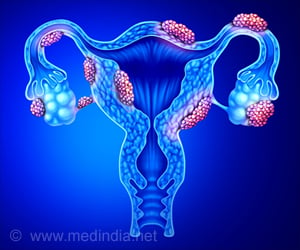Scientists have enabled an evaluation of the merits and risks of menopausal hormone therapy (MHT) in the Endocrine Society Scientific Statement.

The major reasons for starting MHT are to treat hot flashes and other menopausal symptoms.
MHT involves the use of one or more of a group of medications designed to boost levels of estrogen in the blood.
The Women's Health Initiative (WHI) Study, a study undertaken to determine whether MHT truly protected against heart disease and whether or not it increased breast cancer risk, reported that MHT led to an increased risk of heart disease, stroke and breast cancer.
However, new data suggests that reports from the WHI did not take a key factor into account, time after onset of menopause when MHT was started.
"Before the WHI, MHT was believed to prevent heart disease, fractures, memory loss and dementia in addition to relieving uncomfortable menopausal symptoms. Following the WHI reports of increased health risks associated with MHT, MHT use declined by 80 percent. New data however shows that these health risks may not apply to all women using MHT, and that MHT may in fact be very beneficial to some women," said Dr. Richard Santen, professor of medicine at the University of Virginia and chair of the task force that authored the statement.
Advertisement
Women in the short-time group using MHT for five years experienced a 30-40 percent decrease in mortality, no increased risk of heart disease and 90 percent reduction of menopausal symptoms such as hot flashes or overactive bladder.
Advertisement
Source-ANI









